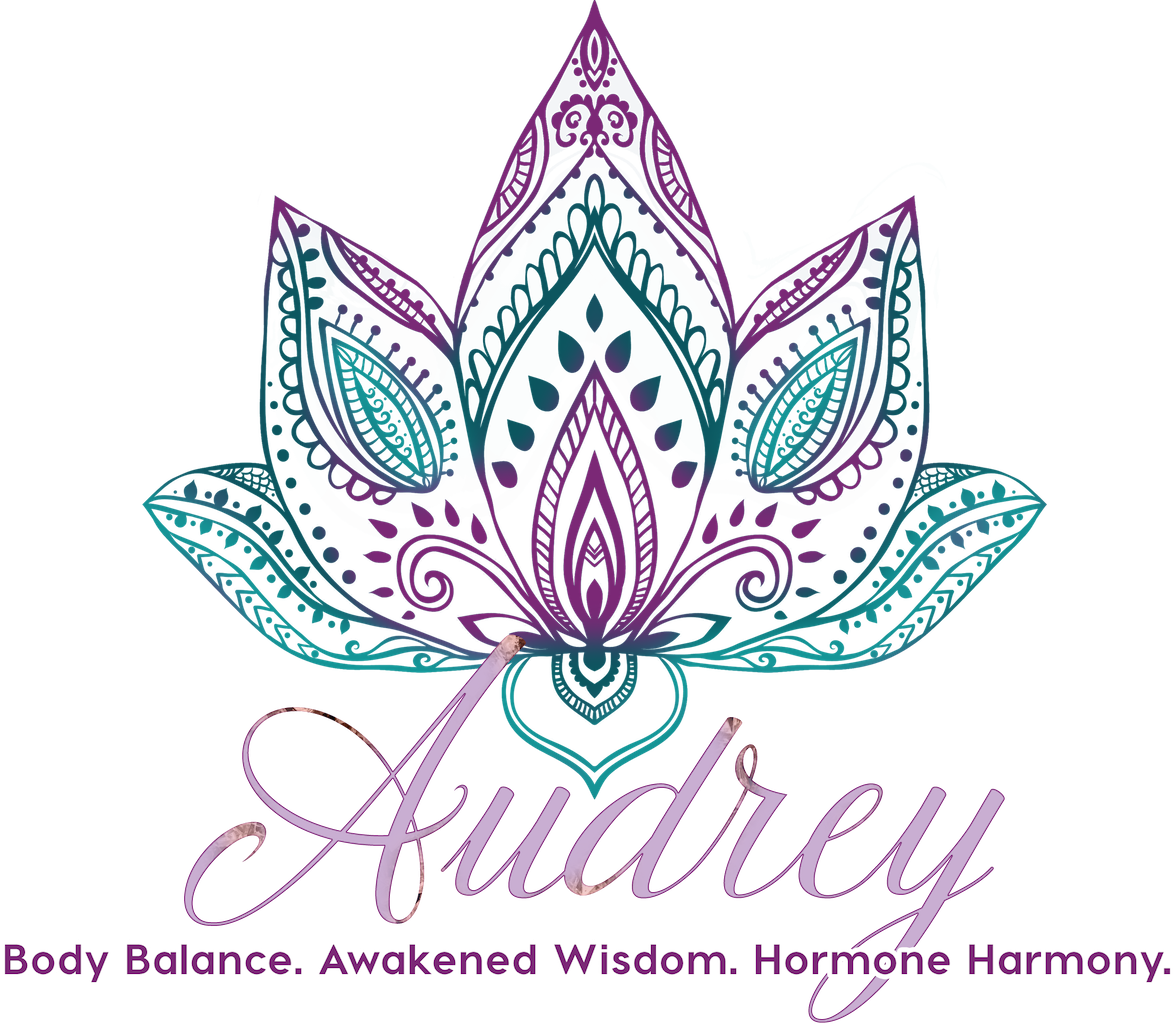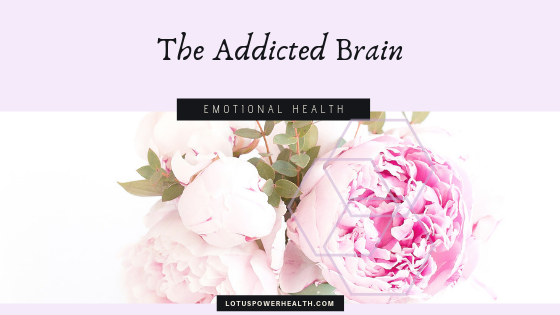Brain chemistry is the vital link between your mind and body. In order to reclaim your brain it is important to understand your brain chemistry, the mind-body connection, and the relationship between mental health and physical well-being. Mood, behavior, and mental performance all depend on your balance of neurotransmitters, the chemical messengers of the brain. It’s not simply mind over matter, but can also be matter over mind, too.
Is addiction purely psychological?
A few studies were carried out and it was found that:
- Rats fed junk food (versus healthy diet) became addicted
- Rats were likewise made “alcoholic”
- Once treated with amino acids, rats lost their cravings and addiction
Conclusion: addiction is a predisposition only – you are not a slave of your genes!
The addiction checklist
“I can quit whenever I want to” – are you sure? Look at your attitude:
- Do you sneak candy bars and then hide the wrappers so no one will know?
- Are you a mac-and-cheese freak? Mashed potatoes? Ice cream? Is there a food that you crave at particular time of the day?
- Are you a zombie before your first morning cup of coffee, or really look forward to your coffee break?
- Do you find you can’t wait to get home for that after-work drink, and can’t unwind without it?
- Do you hide how much you smoke or drink?
- Have you ever thought you couldn’t fit in or have a good time without drugs or alcohol?
What are the main addictions?
1. Addiction to glucose
Glucose is very important for the brain as it is its primary fuel. The brain can use up to 20% of the body’s glucose. That is why we feel so good when we have a sugar high, because it goes directly into our brain. The same is true for processed foods, alcohol and caffeine.
To understand why glucose is such a huge modern addiction, you have to understand how blood sugar works.
Glucose can come from your body or from food you eat. When you eat high sugar food, your glycemic index goes up and you have high blood glucose. This pushes your body to stimulate the pancreas to release insuline so that the glucose can be transported to the cells for energy. Part of the glucose will be used for energy, the rest will be stored as fat. Once the glucose is processed, you have a low blood glucose. This stimulates cravings for sugar, stimulants and creates stress on your body. Both stress and stimulants are triggers for cortisol, dopamine, adrenalin and noradrenalin, which release sugar in your body. In short, the more sugar you have, the more sugar you will want.
Christiane Northup, MD, recently labelled sugar as worse than heroine.
2. Addiction to alcohol
Alcohol is related to sugar. When someone has an addiction to alcohol, it is partly an addiction to sugar, but also to changing his/her brain chemistry. This addiction runs in families where there is not enough dopamine in the brain.
What happens when you take a little drink? You lose your inhibitions, you feel kind of cheery because you have just released some dopamine. Dopamine stimulates you, makes you feel happy, gets turned into endorphins, which is a natural morphin, and you feel high. It also converts to GABA, which helps you to relax. GABA is another amino-acid which is also a neurotransmitter, and it helps you feel chilled and good. So, alcohol makes you feel good. BUT it does not last. If you are an alcoholic, one is too many, and you just can’t handle it at all.
A good natural help to get rid of this addiction is L-Glutamin (500 mg – 1,000 mg), as it has the same effect on the brain as alcohol. It raises your GABA, it raises your glucose and it gives you a feeling of contentment.
3. Addiction to coffee
The addiction to coffee is similar to the addiction to sugar. See above explanation.
Why are neurotransmitters so important?
Neurotransmitters are chemical messengers that act as the keys to how your brain functions. As these chemical messengers travel around your brain and nervous system they affect your mind and mood and determine how you feel.
By supplying the right nutrients, we can influence our brain functions to make our brain cells and neurotransmitters work at their peak. Hence, they can help in “quitting” addictions.
What are the most common myths of addiction?
- Compulsive use of an addictive substance is a sign of weakness or poor moral character.
- Chronic addiction is a disease that can be treated with prescription drugs.
- Drugs and alcohol are the cause of substance abuse.
- Avoiding relapse is a constant struggle for recovering substance abusers.
- Substance abuse runs in my family, so I can’t help it.
Pillars for a healthy brain: lifestyle, diet and supplements
- Begin with healthy diet
- Eliminate smoking, sugar, caffeine
- Exercise
- Restorative sleep – amount, quality
- Add supplements (vitamins, minerals, amino acids, herbs) to correct underlying chemical imbalances
- Remove meds and substances gradually
- Address psychological and spiritual aspects
- Wide range of available lifestyle techniques, including meditation, visualisation, biofeedback, music, massage, yoga, movement and dance



Trackbacks/Pingbacks